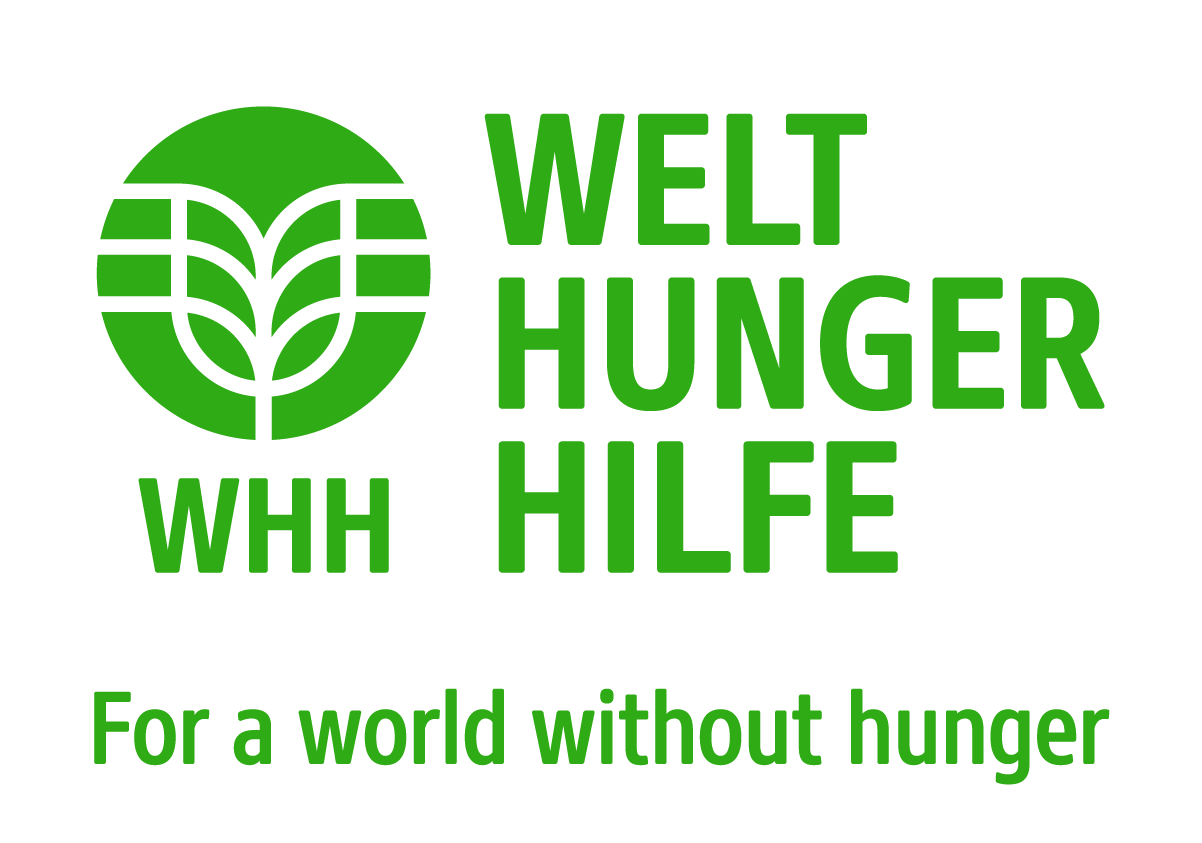The First Job in Seven Years
Zainab remembers every single year in Lebanon: seven exactly. Seven years since the Syrian teacher could no longer work; seven years since she left her hometown of Homs in ruins.
Today she is 38, has - together with her husband - three children and lives in Lebanon's Bekaa Plain. Actually only a short, about three hour drive from Homs, but she still does not dare to return to her hometown. Her youngest daughter Asanat, who is two and a half years old, has never been to Syria. Her older children can hardly remember their homeland.

Zainab feels safe in Lebanon, but she also admits that it is not always easy. The desire to return to Syria is strong, and one day she hopes to do so.
"My children do not go to school here, which means that I teach them myself. Of course I would like to work full-time, but we live here as refugees. There are few job opportunities and the economic situation is not easy even for the Lebanese.
With its approximately 6.8 million inhabitants, Lebanon officially hosts another 1.5 million Syrians; the highest number of refugees per capita in the world. Estimates assume that there are far more. This often leads to tension.
The prolonged conflict in Syria continues to have a major impact on Lebanon and causes increasing poverty in a country already plagued by an economic crisis. The value of the Lebanese pound has fallen dramatically, which means that many people now earn only a quarter of their original wage.
The explosion in Beirut's port on August 4 has now destroyed large parts of the capital and further aggravated the situation and humanitarian needs in the country.
Lebanon imports up to 80 percent of its needs such as food, but also agricultural products such as seeds, fertilizer and equipment. Much reached Lebanon by sea. Farmers will now also feel the consequences of the destruction of the port in Beirut and will have difficulty importing agricultural products or paying the excessive prices.
Welthungerhilfe, together with a local partner, the Lebanese Organization for Studies and Training (LOST), is working to create jobs and livelihoods for Syrian refugees and Lebanese living in rural areas of the country.
For several weeks now, Zainab has been taking part in a course on food processing. Here she is learning to pickle or boil down food which she can then store and sell over the next few months. This way she receives a small monthly wage. A total of 100 women are trained in the Bekaa plain.

"Of course, this is not a separate program, quite the contrary", says Tarek Chibli, project manager at LOST.
"We work with farmers who receive seeds and fertilizers from us seasonally. We buy part of the agricultural yield from the farmers to produce the pickled food. This helps us, but also the farmers. We design our programs in such a way that we support the people practically from the beginning to the end; from the field to the fork, so to speak.
The relationships that the participants of the courses establish over the months often last for a long time and even years later they often still work together.
The pickled goods, which are now produced by 100 women who are supported by Welthungerhilfe and LOST in Baalbek.

For Zainab, the food processing course is important for two main reasons.
"This is the first time in seven years that I have a job again," she says, pushing fresh green tomatoes into a jar. "At the same time, I'm getting to know new people here. Some are also from Syria, others come from Baal-beck, the city where we now live. We get on well with each other and have also become friends in private. For me, that means integration. It makes me feel more at home.

Zainab has decided to open her own business as soon as she has completed the course. "Product development and marketing are also part of our teaching, which will help me to become self-employed," says the mother of three.
How things will continue for the family in the long term is unclear, says Zainab. "For the time being, we are staying here in Baalbeck for the time being," she says resolutely. "I didn't think I'd ever work in another profession again, but maybe this is a new beginning now," the Syrian teacher says with a laugh.




